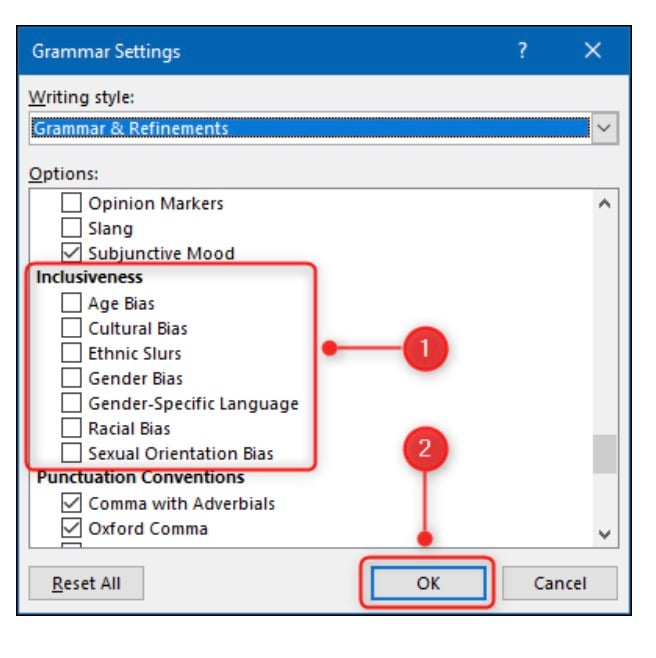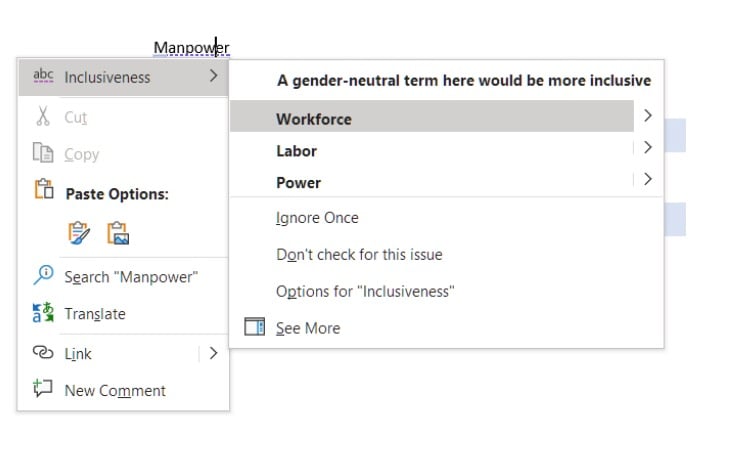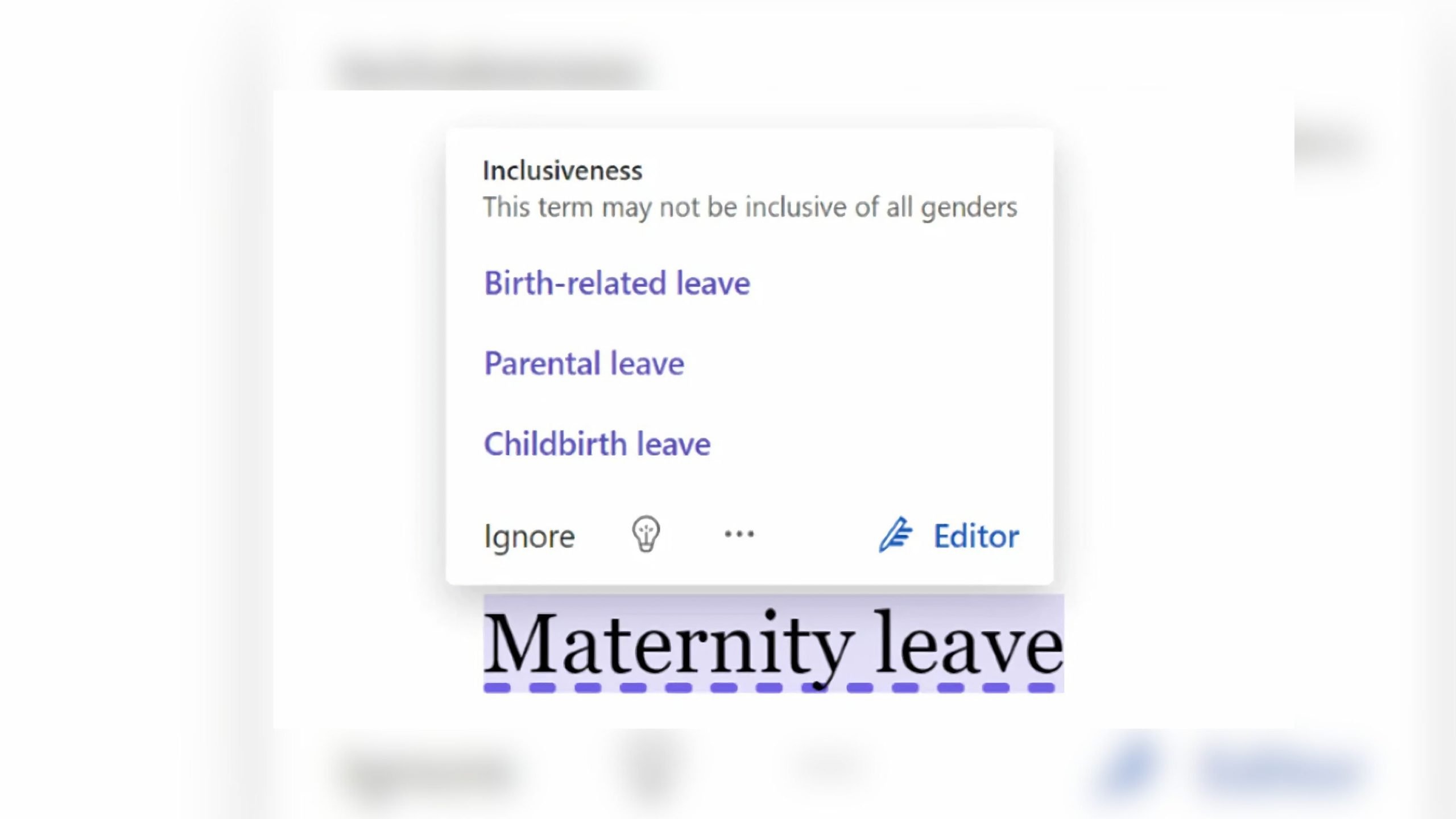Microsoft is busy inventing new phrases to make sure that, what the tech giant and its likes consider “inclusivity,” is properly reflected in Microsoft Word.
But at least as far as words, “mother” and “father” are concerned, this inclusivity seems to, paradoxically, work by exclusion.
Gone are the days when Word offered spelling and grammar checks. Now, for people who like their writing software to nudge and prod them during the writing process by suggesting “more suitable” replacements, Word has something called “Inclusivity Checker.”

The repository of terms contained in the tool, that are recommended to be replaced, is only growing.
A modern update takes a dim view of the expression “maternity leave” on “gender-inclusivity” grounds, and suggests that it be replaced with “birth-related leave,” “parental leave,” or “childbirth leave.”
Fathers who go on paternity leave should instead be described as taking “child-bonding leave,” Microsoft thinks. All this is explained as a way to make sure that the writer is inclusive of “all genders.”
Is all this really necessary? Microsoft thinks it is. According to the Free Speech Union, one of the terms writers who, for some reason, use Word are advised to replace is Postman Pat: it should be “Postal Worker Pat,” according to those behind this effort.
In that case, the intent is to avoid the possibility of gender bias. The same goes for “biologically female” – a phrase best avoided, according to Microsoft.

The feature is at this time not hard-coded into Word: the software is “inclusive” of both opt-ins (this seems to be the default) and opt-outs. “Problematic” words are underlined in blue and then recommended alternatives pop up.
Right now, there is no auto-correct function, either. But, if critics compare this sort of thing as moving ever closer to Orwell’s dark dystopian world ruled by extreme censorship and government control – one never knows what’s around the corner.
And if you don’t like it, and thought you might switch to, oh, Google Docs? Bad news: this giant also has a similar feature, introduced in 2022.
Google frowns at terms such as “housewife” and “landlord” and would rather you write, “stay-at-home spouse” and, “property owner.”










